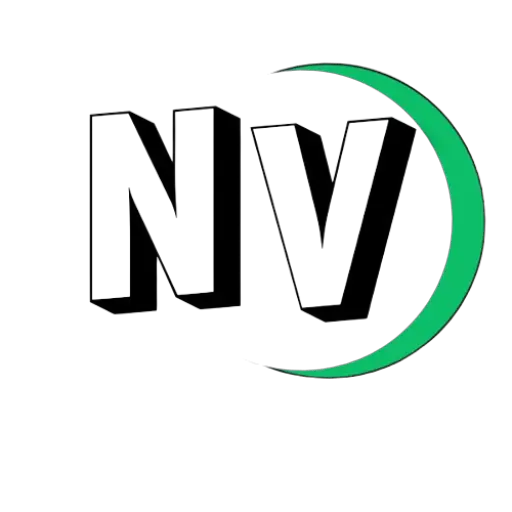In a landmark decision, the Joint Admissions and Matriculation Board (JAMB) has announced new cut-off marks for admission into tertiary institutions across Nigeria. The minimum cut-off for universities is now set at 140, while polytechnics and colleges of education require a minimum score of 100. These benchmarks serve as a foundation for admissions, although individual institutions may set higher standards based on their specific academic goals.
The announcement was made by JAMB Registrar, Professor Ishaq Oloyede, on Thursday during the 2024 Policy Meeting in Abuja. The event was attended by the Minister of Education, Tahir Mamman, alongside vice-chancellors, rectors, registrars of higher institutions, and other stakeholders.
In a noteworthy development, Minister of Education Tahir Mamman directed that tertiary institutions should not admit candidates under the age of 18. This directive aims to address concerns about parents pressuring underage children into higher education prematurely. “The 18-year benchmark is in line with the 6-3-3-4 system of education,” stated Mamman. “JAMB is hereby instructed from this year to admit only eligible students—those who have attained 18 years by our laws.”
While the new age policy garnered mixed reactions from university administrators present at the meeting, Mamman emphasized its importance for ensuring that students are adequately prepared for the academic and social responsibilities of tertiary education. The minister also highlighted that this stance is supported by Nigerian law, which prescribes an educational pathway involving six years of primary school, three years of basic education, and three years of secondary school.
Additionally, the Ministry of Education is introducing skills training programs for primary school pupils, aiming to provide alternative educational pathways and equip students with valuable skills for their future endeavors. This initiative seeks to address the needs of students who may not gain immediate admission to tertiary institutions, promoting inclusive education and diverse learning opportunities.
Overall, these measures reflect a strategic approach to enhancing the quality and preparedness of students entering tertiary education in Nigeria.
Stay tuned to Naijahotvibez blog for more updates on this story and other exclusive content.






